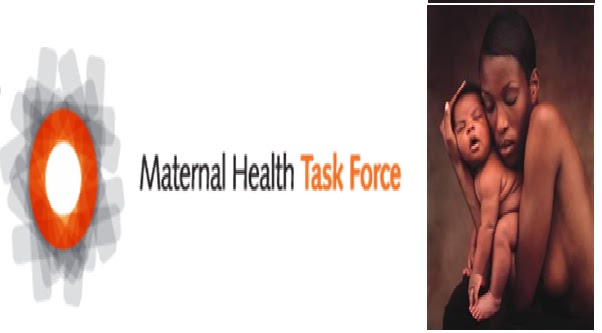1. The global
health community must build on past successes and accelerate progress towards
eliminating all preventable maternal mortality within a time-bound period. To
this end, a new and challenging goal for maternal mortality reduction is needed
within the development goal framework for the post-2015 era, one that is led
and owned by countries not donors.
2. This maternal
mortality goal must be broadened to embrace the progressive realisation of
political, economic, and social rights for women. One critical lesson from the
history of women's health is that maternal health will not be improved to its
full potential by focusing on maternal health alone.
3. As maternal
mortality declines, the world must now focus on both prevention and treatment
of maternal morbidities, the measurement of which is challenging but critical
to tackle for the health, productivity, and dignity of the women involved.
4.
The
successful framework of the continuum of care must be redefined to make women
more central to our notions of reproductive, maternal, newborn, and child
health. The continuum needs to be more inclusive of frequently neglected
elements—eg, quality of care, integration with HIV and malaria programmes, non-communicable
diseases, and the social determinants of health, such as poverty, gender
disparities, sexual and gender-based violence, water and sanitation, nutrition,
and transportation.
5. The global
health community must devise a responsive financing mechanism to support
countries in implementing their plans to reduce maternal mortality and improve
sexual and reproductive health.
6. A much
greater emphasis must be put on reaching the unseen women who are socially
excluded because of culture, geography, education, disabilities, and other
driving forces of invisibility. If we are serious about redressing gender and
access inequities, we have to ask fundamental and difficult questions about the
nature of our societies and the value, or sometimes lack of value, we ascribe
to individuals, especially women, in those societies.
7.
One
critically important element to address women's health and needs is attention
to improving comprehensive quality of care. Respectful maternal health care for
all women is an ethical imperative, not an option.
8. The maternal
health community must invite, include, and incorporate the voices of women
themselves into writing the future of maternal health. Too often, women's
voices are silenced, ignored, or reported only second hand. Women must be given
the platform and power to shape their own futures in the way they wish.
9.
For the
mother, her newborn child is a precious and indissoluble part of her life and
her future. Maternal health outcomes cannot be fully addressed without
attacking the appalling global toll of preterm births, preventable stillbirths,
and newborn deaths.
10.A critical gap that threatens the future health of women and mothers is
the catastrophic failure to have reliable information on maternal deaths and
health outcomes within and across countries. This gap in measurement,
information, and accountability must be a priority now and post-2015.
11.A tremendous opportunity lies in technology. Mobile and electronic
health technologies must ensure that women are effectively and safely connected
to the health system, from education to emergencies, referral for routine
antenatal care to skilled birth attendance. Putting the right technologies in
the hands of women offers one compelling opportunity to make empowerment of
those women a reality.
12.Finally, we must fulfil all of these actions sustainably, which means
universal access to high-quality health services free at the point of demand,
within a strong health system, supportive of the fully trained front-line
worker—from family planning, to safe abortion, to emergency obstetric care,
with respect for both providers and women.
_______________________________________________
Source: www.thelancet.com Vol 381
February 23, 2012
